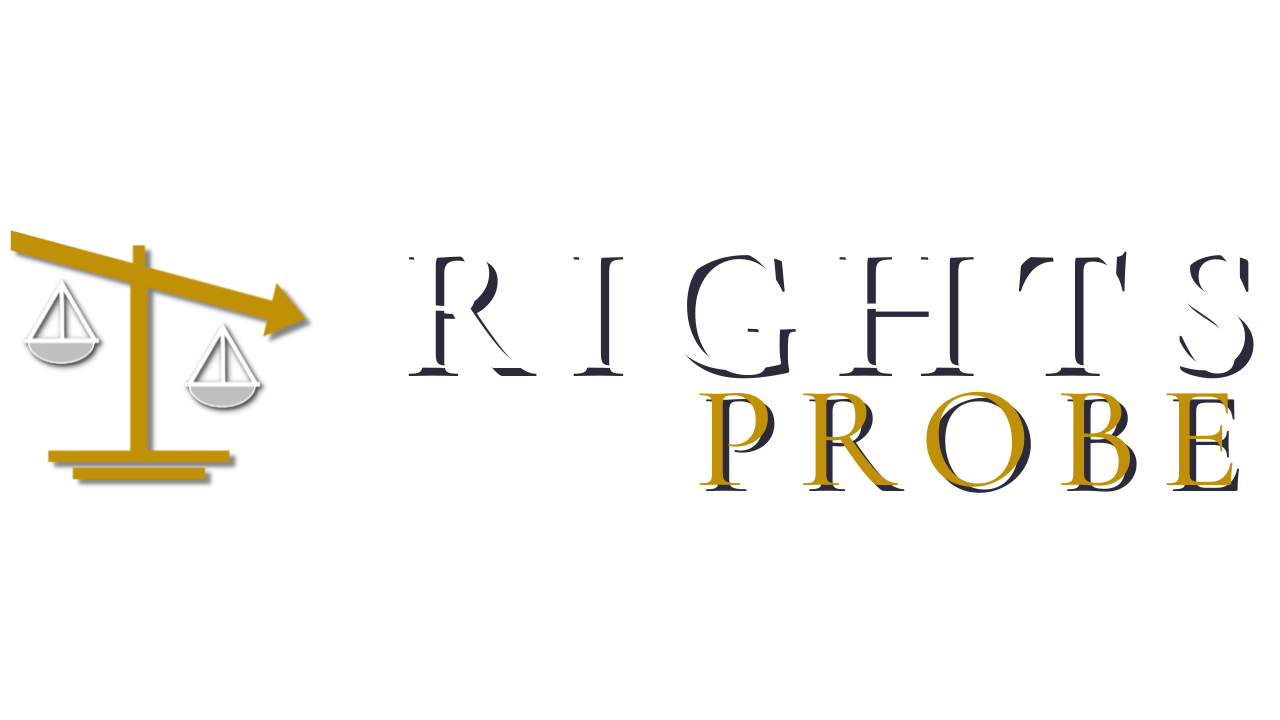B.C. Aboriginal agreements empower soft tyranny of legal incoherence
By Bruce Pardy | Financial Post
In April 2024, the B.C. government agreed to recognize and affirm the Haida Nation’s Aboriginal title to the archipelago on Canada’s west coast. In December, Ottawa did likewise. These agreements signal danger, and not just on Haida Gwaii.
The agreements tell two conflicting stories. One is that a new era has begun. Colonial occupation has ended and Haida Gwaii will now be governed in accordance with Haida Aboriginal title. But the second story is that private property will still be honoured, federal, provincial and local governments will continue to exercise their jurisdiction, and the province will still provide and pay for health, education, transportation and fire and emergency services.
On Haida Gwaii, everything has changed, but nothing will change. Though both stories cannot be true, it’s impossible to tell which is false in what respects. Who has jurisdiction over what? If you use your land in a way that complies with local government zoning but the Council of the Haida Nation prohibits it, is it prohibited or permitted? If the council requires visitors to be vaccinated, but the province does not, must they be vaccinated or not? The agreements don’t say.
When jurisdictional conflicts arise under the agreements, they are to be “reconciled” in a transition process. But that process will be decided under Haida law, which is not codified or legislated. Only those with status and authority can say what it is. The legal meaning of the Haida Gwaii agreements therefore cannot be ascertained in any objective sense.
The agreements say private property on Haida Gwaii will be honoured. But private property is incompatible with Aboriginal title. According to the Supreme Court of Canada, Aboriginal title is communal: it consists of the right of a group to exclusive use and occupation of land, but with inherent limits on that use. Land subject to Aboriginal title “cannot be alienated except to the Crown or encumbered in ways that would prevent future generations of the group from using and enjoying it,” the Court wrote in 2014. “Nor can the land be developed or misused in a way that would substantially deprive future generations of the benefit of the land.” If so, the promises in the agreement conflict. Land subject to Aboriginal title cannot be given away or sold, either as a single piece or in bits, except to the Crown. But when land is surrendered to the Crown, Aboriginal title is extinguished on that land. If Haida Gwaii really is subject to Aboriginal title, then no one can own parts of it privately.
Around 5,000 people live on Haida Gwaii, about half Haida. In April 2024, they voted 95 per cent in favour of the B.C. agreement at a special assembly in which non-Haida residents had no say. The agreements create two classes of citizens — one with political status, the other without — depending on people’s lineage.
According to B.C. Premier David Eby, the Haida Gwaii agreement is a template for the rest of the province. In early 2024, the government proposed to amend the province’s Land Act to empower hundreds of First Nations to make joint decisions with the minister on how Crown land — around 95 per cent of the province — is used. That would have given First Nations a veto over the use of public land. Public backlash forced the government to withdraw its proposal, which it did in February 2024. But it has not backed off its objectives and instead has embarked on a series of agreements granting title to, or control over, specific territories to specific Aboriginal groups. Typically, these are negotiated quietly and announced after the fact.
For example, in late January, the government revealed it had made an agreement with the shíshálh (Sechelt) Nation on B.C.’s Sunshine Coast granting management powers, providing for the acquisition of private lands and making a commitment to recognize Aboriginal title. That agreement was made in August 2024 on the eve of the provincial election but kept hidden for five months. The government eventually posted a copy of it on its website — though with portions redacted. According to an area residents’ association, they were not consulted and weren’t even advised negotiations were taking place.
In the courts, the story is unfolding in a similar way. A judge of the B.C. Supreme Court recently found that the Cowichan First Nation holds Aboriginal title over 800 acres of government land in Richmond, B.C. But that’s not all. Wherever Aboriginal title is found to exist, said the court, it is a “prior and senior right” to fee simple title, whether public or private. That means it trumps the property people have in their house, farm or factory.
If the Cowichan decision holds up on appeal, private property will not be secure anywhere a claim for Aboriginal title is made out. In November, a New Brunswick judge suggested that where such a claim succeeds, the court may instruct the government to expropriate the private property and hand it over to the Aboriginal group.
The Haida Gwaii agreements empower the soft tyranny of legal incoherence. The danger signs are flashing. More of the same is on the way.
Bruce Pardy, senior fellow with the Fraser Institute and executive director of Rights Probe, is a professor of law at Queen’s University. His new study “Haida Gwaii—The Soft Tyranny of Legal Incoherence,” has just been published by the Fraser Institute.
For the original version of this opinion piece, see the publisher’s website here.
This commentary was also published by the Fraser Institute.
Related Reading
Canadians’ Legal Rights Should Not Depend on Lineage — Indigenous or Otherwise
Poll: Canadians Overwhelmingly Want First Nations Financial Transparency
In an Independent Alberta, Aboriginal Rights Should Not Exist
Follow our journey.
Subscribe to our newsletter: rightsprobe@protonmail.com
